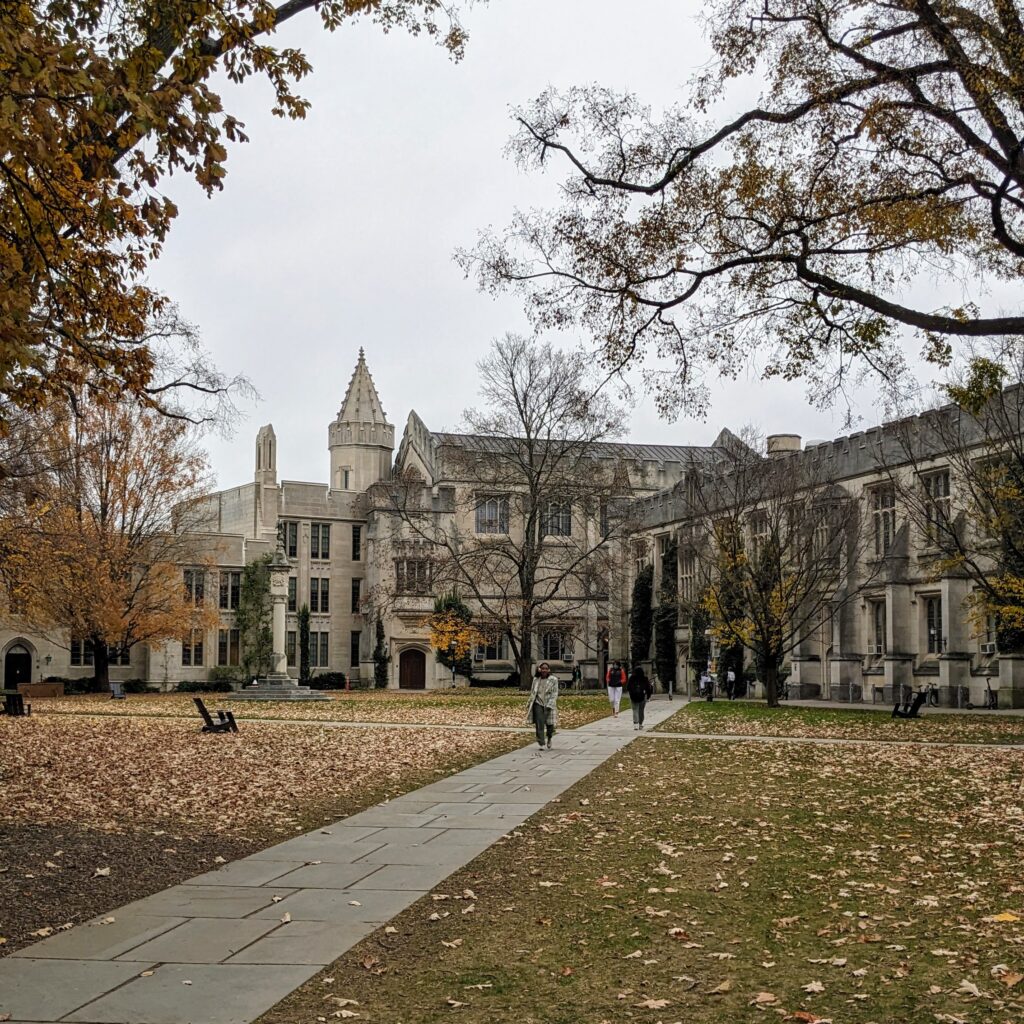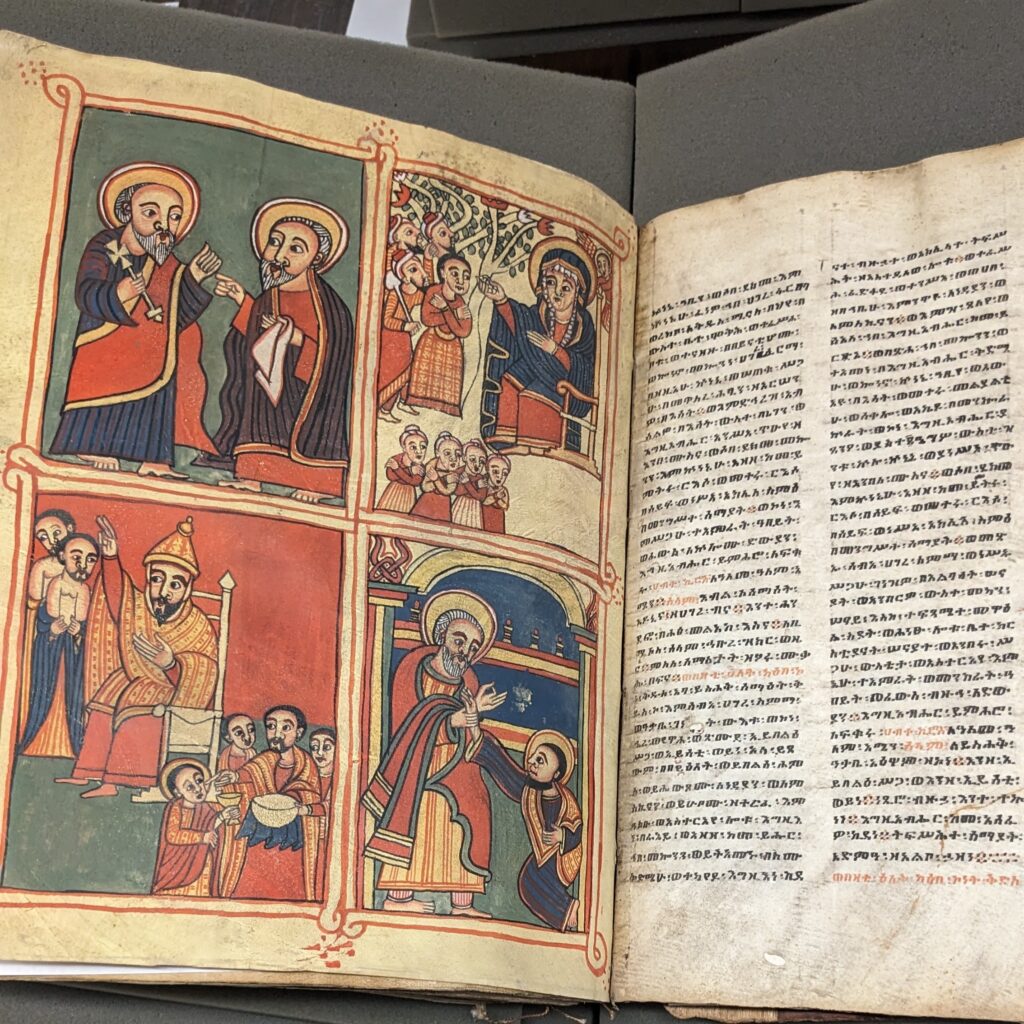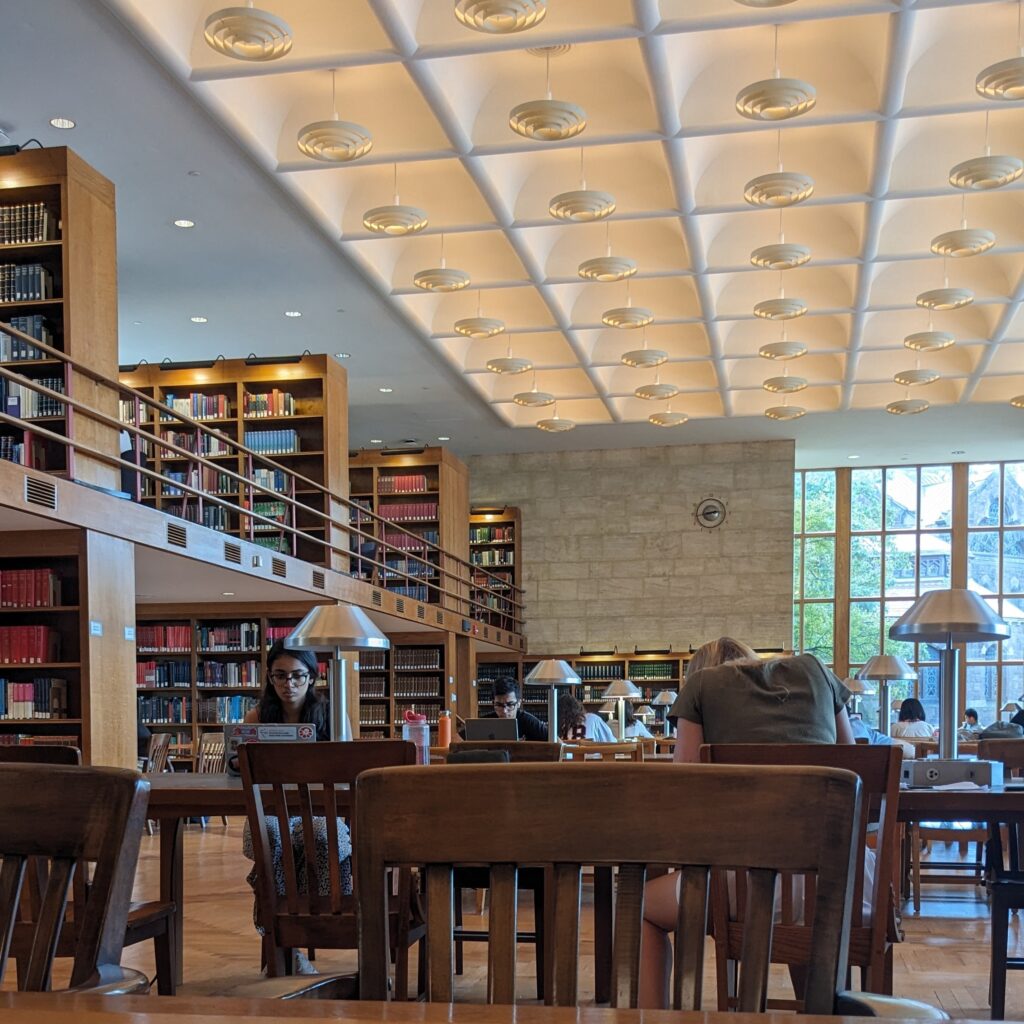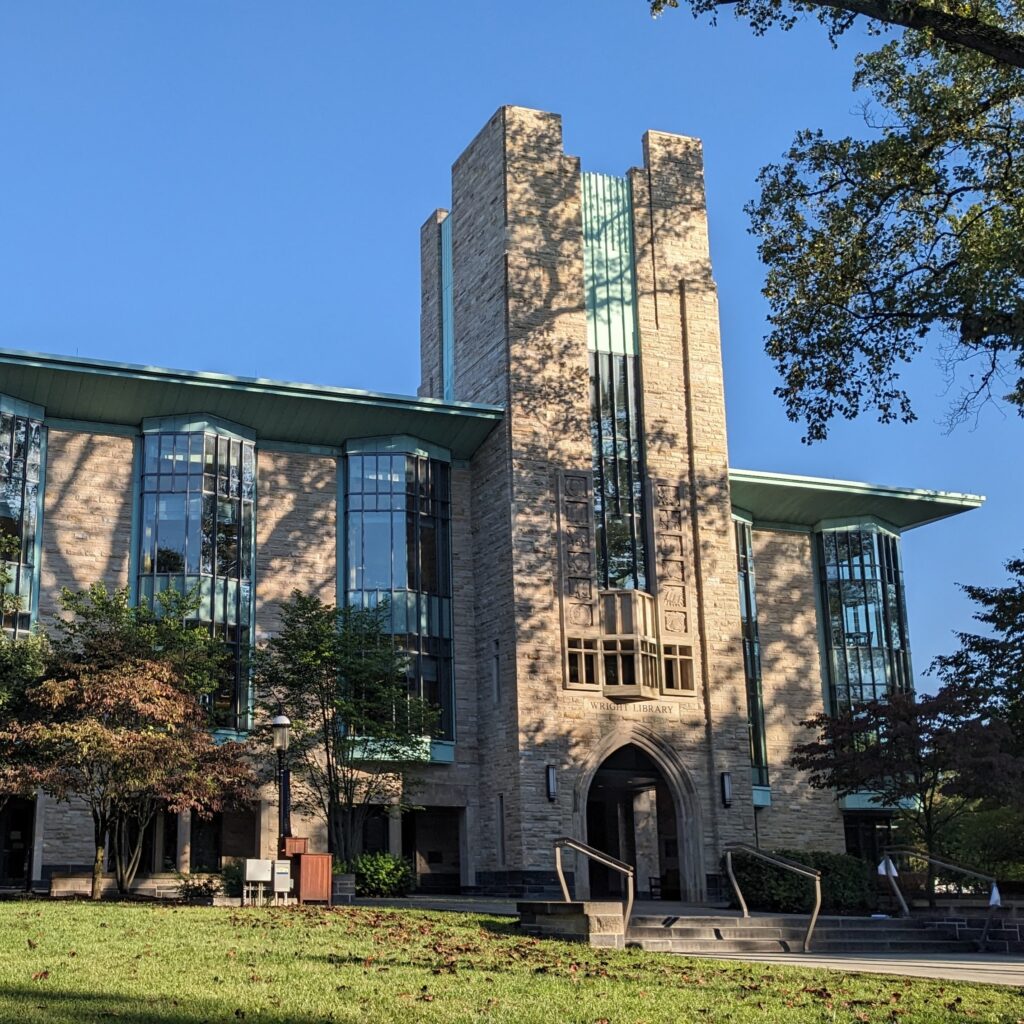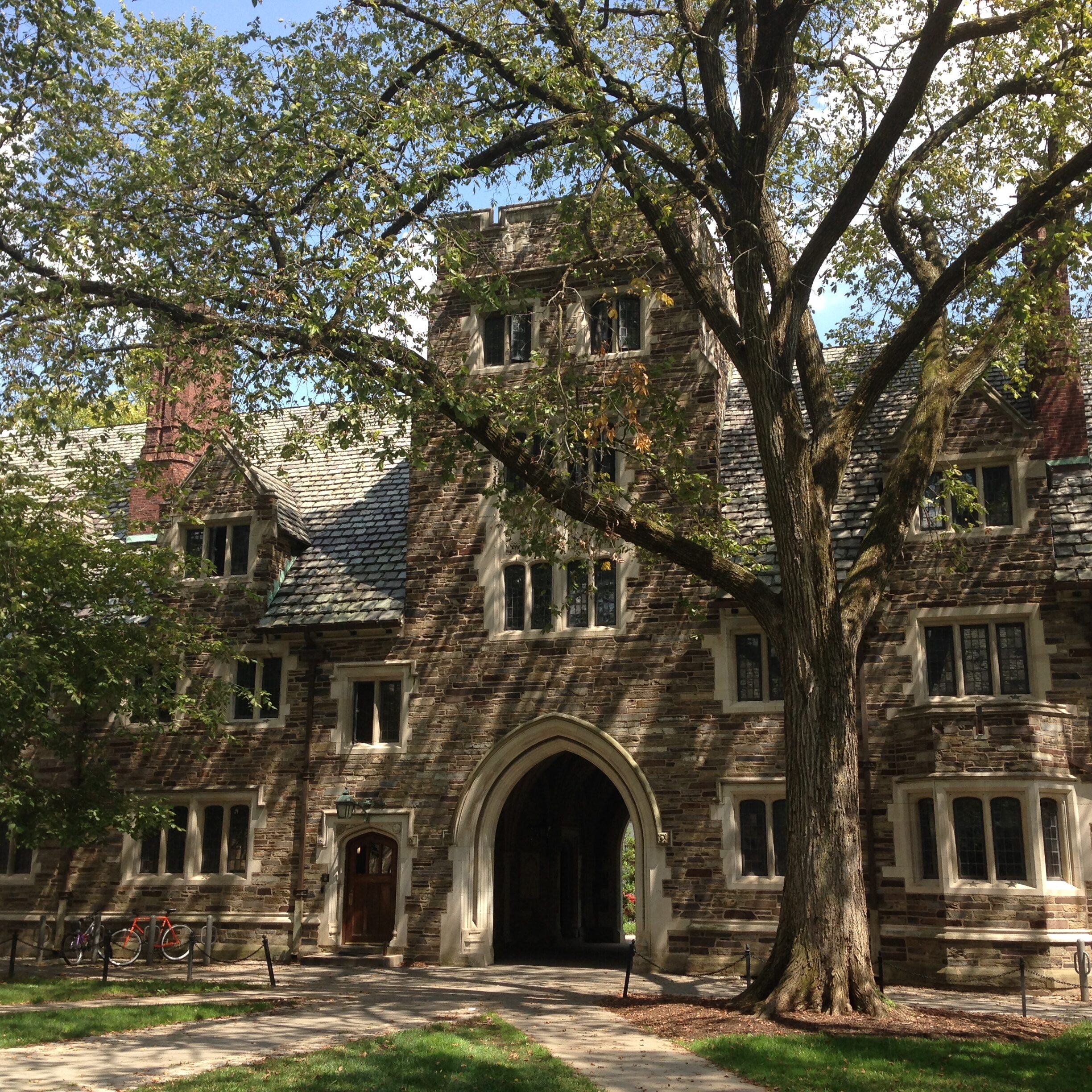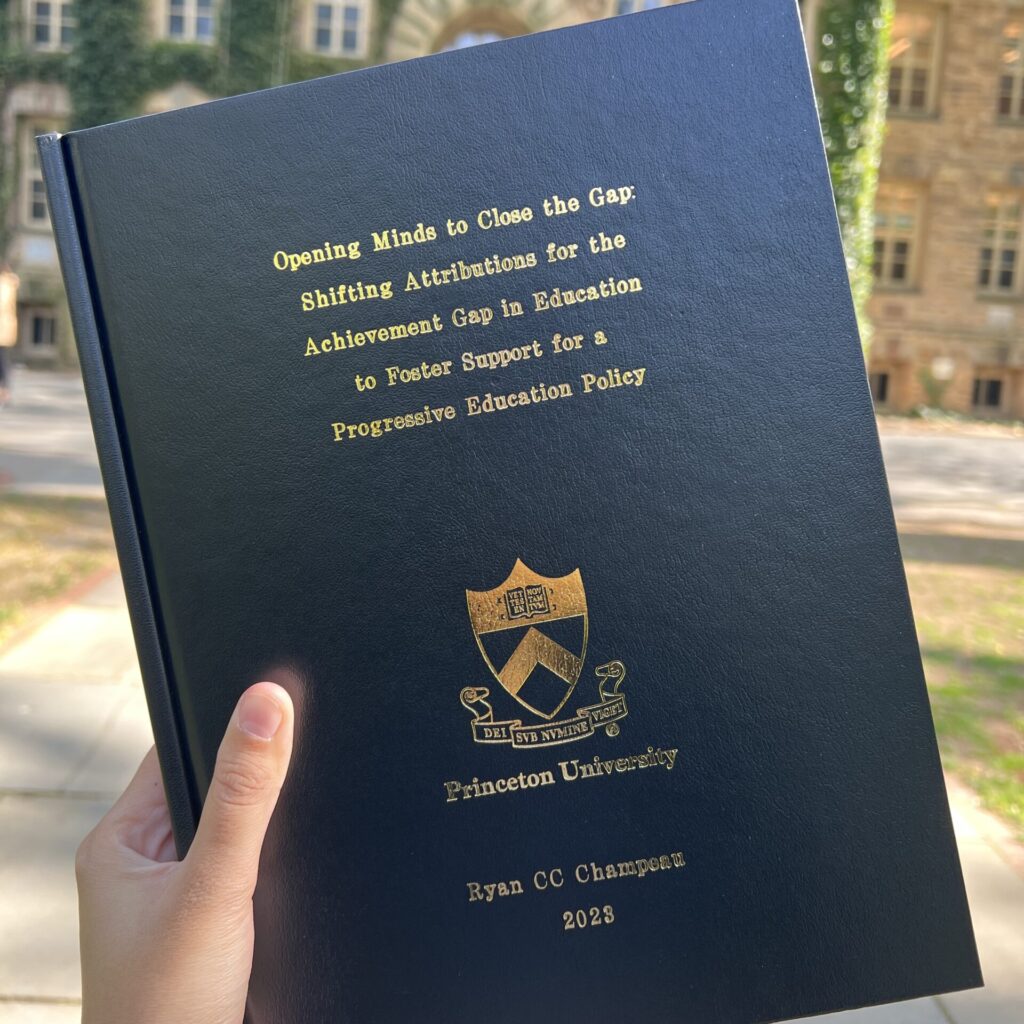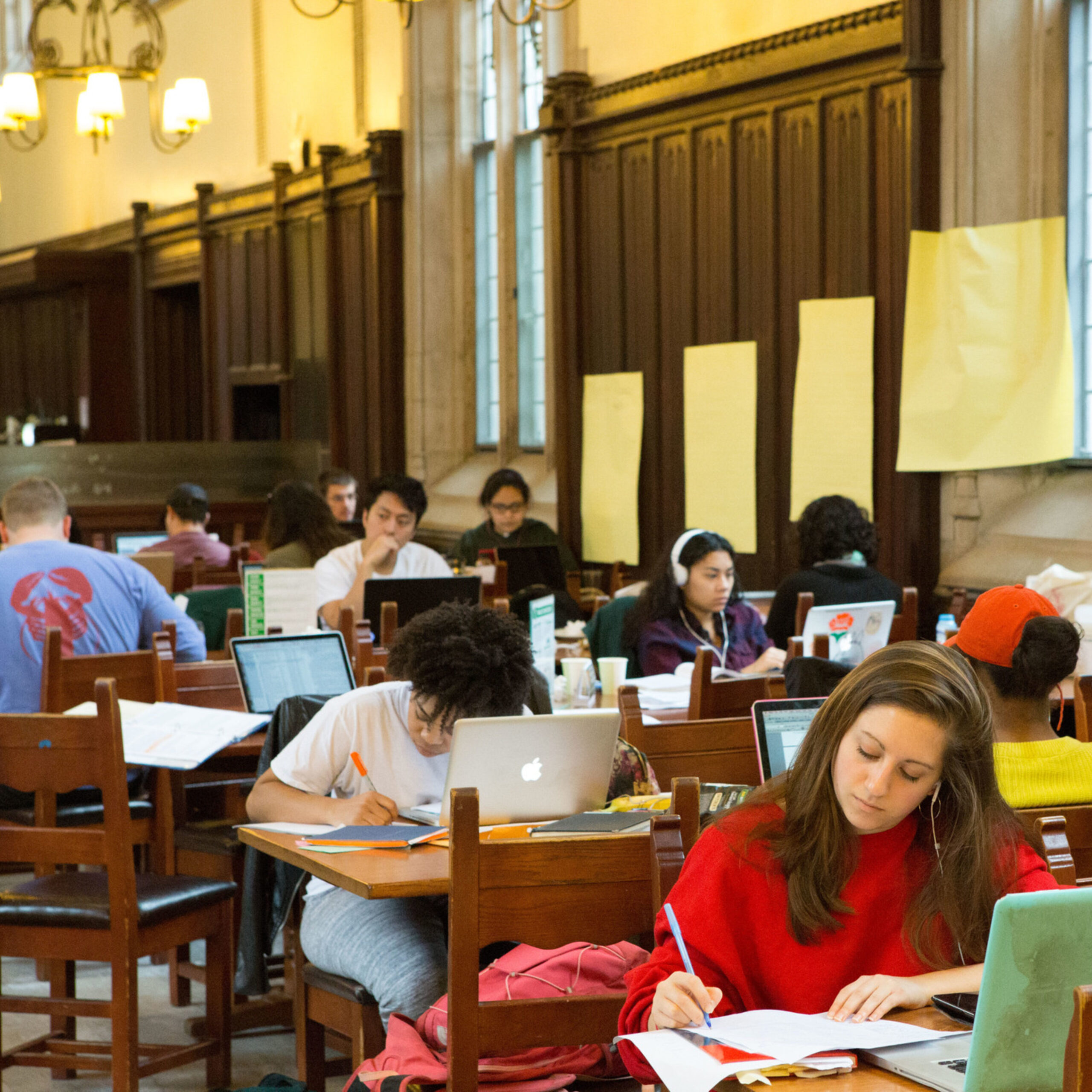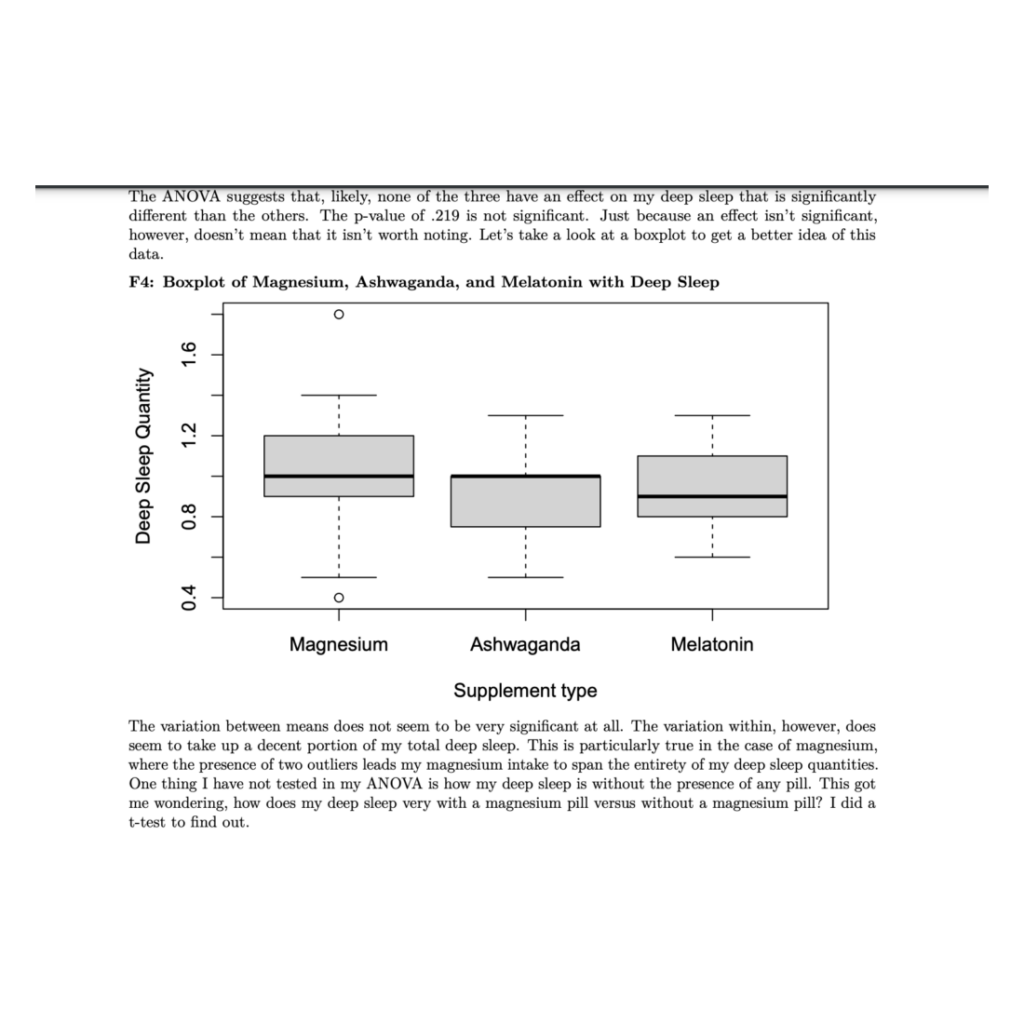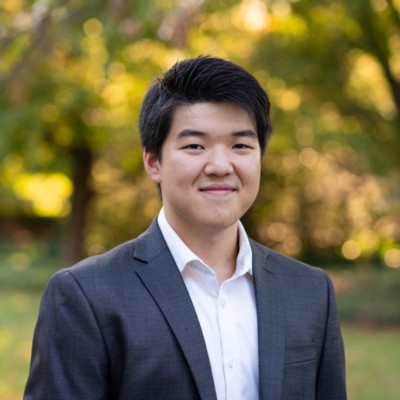
In the spirit of upcoming senior thesis deadlines, I wanted to interview a senior currently working on their thesis. As an underclassman that doesn’t have to worry about any form of independent work yet and a COS BSE major, one of the only majors exempt from the senior thesis requirement, I’ve always been curious about the thesis writing process and what a BSE senior thesis entails. As a part of our Seasonal Series, I am excited to present my interview with Eric, as he shares his ORFE senior thesis, his interest in finance, and his advice for rising seniors.
Continue reading Seasonal Series: An Interview with Eric Ahn

